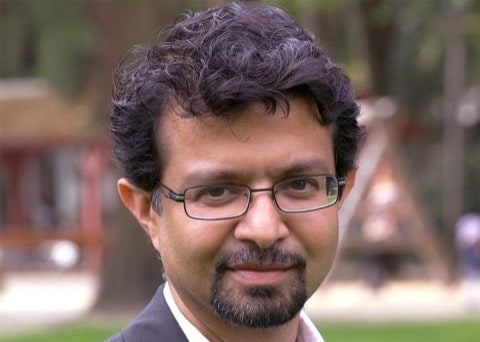Just five months after Biogen’s head of early R&D Anirvan Ghosh left the company to take up the CEO post at Unity Biotechnology, its key leading knee pain program has failed and been thrown onto the trash heap.
The drug, known as UBX0101, had already traveled a rocky path: Last year, Unity posted phase 1 data linking UBX0101 to improved scores on pain symptom questionnaires in patients with moderate to severe osteoarthritis (OA), but the drug failed to statistically outperform placebo in the second part of the study.
Unity, however, plowed on, seeing enough promise in the data to move the p53/MDM2 interaction inhibitor into phase 2. Unity recently completed enrollment in the 183-subject trial, setting it up to post top-line data in the second half of the year.
Now the data are in, but they have proven grim reading: The 12-week results from the phase 2 study in patients with moderate to severe painful OA of the knee found that there “was no statistically significant difference” between any arm of UBX0101 and placebo.
This was based from a baseline in WOMAC-A, an established measurement of pain in OA.
“Given these results, Unity does not anticipate progressing UBX0101 into pivotal studies and will narrow the company’s near-term focus to its ongoing ophthalmologic and neurologic disease programs,” it said in a statement. These are earlier bets, and the setback is a major gut punch for the company.
This will also be a blow for Ghosh, given that it is his first major data readout since becoming chief. “While these are not the results we had hoped for, the evidence that senescent cells contribute to diseases of aging remains compelling, and we are excited to advance UBX1325 for retinal diseases, which inhibits Bcl-xL, a distinct senolytic target,” he said.
Unity works on an anti-aging philosophy based on eradicating accumulated senescent cells, which are a mechanism of aging and a driver of age-associated diseases. The theory is that these therapies can cut out these senescent cells to slow down or even reverse age-associated disease and restore tissue.
These latest data are a setback for the biotech’s theory. Its shares dropped 60% Monday morning on the news.

